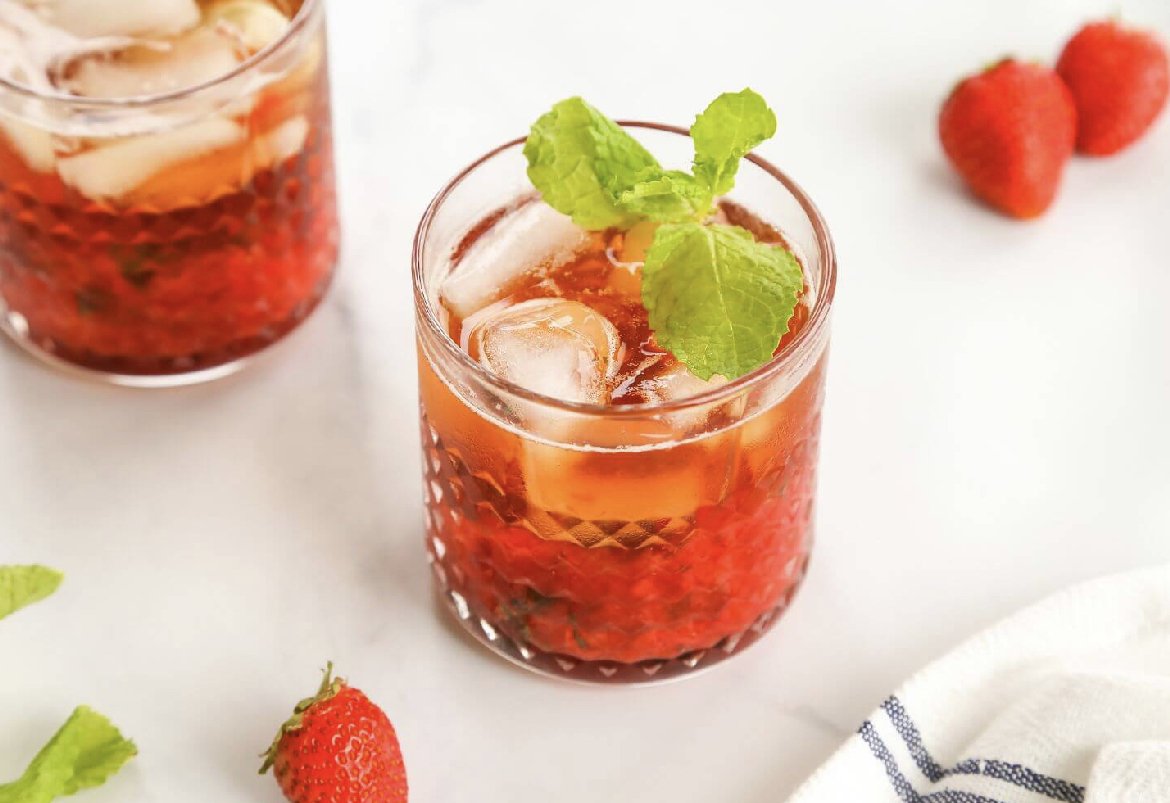Stay Hydrated
Since we are, more or less, made up of about 60% water, staying hydrated is crucial; especially for the elderly. Here are some…
Key Benefits
It is essential to multiple vital body functions:
regulate body temperature
aids digestion
supports kidney function
and ensures the proper functioning of various organs
Dehydration, when we are not hydrated enough, can lead to urinary tract infections, constipation, and kidney problems.
Promotes cardiovascular health:
Maintains optimal blood flow (makes sense)
Dehydration can lead to decreased blood volume, leading to increased heart rate, and elevated blood pressure
Enhances cognitive function
The brain itself is about 75% water so staying properly hydrated can optimize brain function
Studies have shown that even mild dehydration can negatively impact cognitive function, including memory, attention, and concentration. This is particularly relevant for the elderly who may already be susceptible to age-related cognitive decline
Supports joint and muscle health
Water acts as a lubricant for joints and can promote flexibility and alleviate joint pain associated with conditions such as arthritis
Transport nutrients to muscles reducing the risk of muscle cramps,
Dehydration can contribute to joint stiffness, muscle cramps, and overall discomfort.
Improves digestion and nutrient absorption
It helps soften stools, prevent constipation, and supports the absorption of nutrients from food.
Dehydration can lead to constipation and impact nutrient absorption
Boosts energy levels
Supports the transportation of oxygen and nutrients to cells, providing the body with the fuel it needs for daily activities
Dehydration can cause feelings of fatigue and low energy.
To ensure proper hydration, elderly individuals should aim to drink an adequate amount of fluids daily, even if they don't feel thirsty. Water is the best choice, but herbal teas, fruit juices, and certain foods with high water content (such as fruits and vegetables) can also contribute to hydration. It's important for caregivers and family members to encourage and remind seniors to drink fluids regularly, especially in hot weather or during physical activity.
Important Considerations
Clarify reason why your loved-one may not be drinking enough fluids
They may be concerned about getting to the bathroom soon enough, due to:
Impaired mobility (fall risk). Possible solutions: urinals for men, commode nearby…
Incontinence (may not make it in time and have to clean up an accident). Routine visits to void (empty the bladder) even when they don’t have to go
Weigh risks vs benefits. Every situation is different and plans should be tailored around that.
Lets make it a little interesting
Here’s s few recipes to encourage adequate hydration for you & them
Yummy Hydration
Enjoy!
